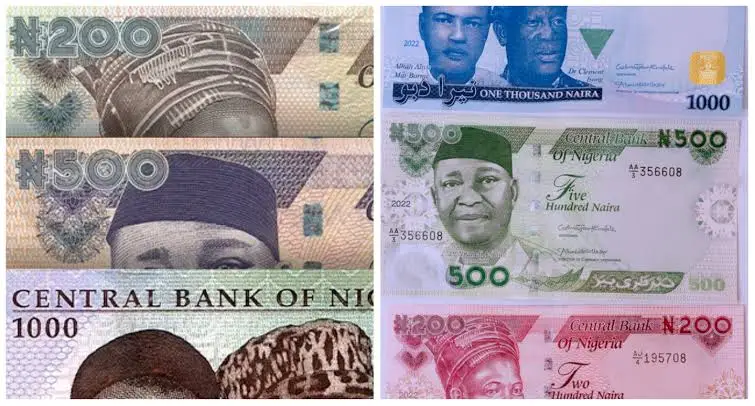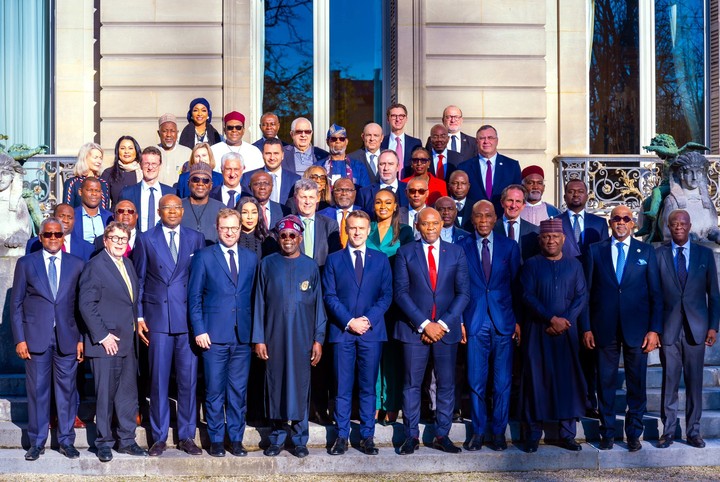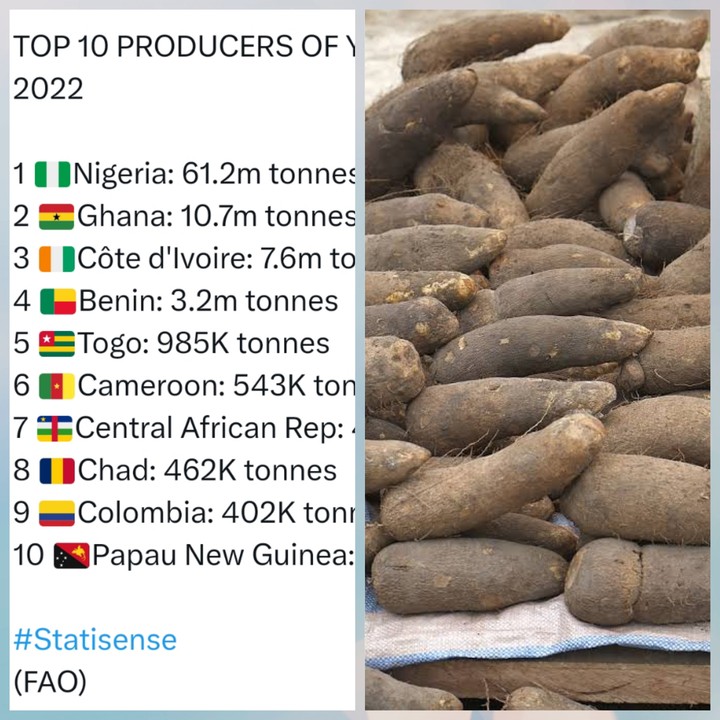
The Chief Executive Officer (CEO), Financial Derivatives Company (FDC), Bismarck Rewane, said the naira is currently under-valued at both the Nigerian Autonomous Foreign Exchange Market (NAFEM) and the parallel forex markets.
Rewane stated this on Tuesday in a keynote address at the 2024 Economic Outlook and Budget Analysis organised by the Lagos Chamber of Commerce and Industry (LCCI) with the theme, “Building Economic Resilience in 2024: Strategies for a Sustainable Future.”
His words, “The naira is undervalued by 33.58 percent at the parallel market rate of N1,285 per dollar and 4.16 percent at the NAFEM rate of N890.54 percent.”
Specifically, he noted that the purchasing power parity (PPP) value of the Naira in January was N853.46 per dollar, while the parallel market price was N1,285, indicating an undervaluation of 33.58 percent, and the NAFEM price was N890.54 per dollar, showing a 4.16 percent undervaluation.
He predicted that Nigeria is primed for 3.3 percent growth in 2024 and projected an increase in the minimum wage for workers from N30,000 to N50,000 per month.
Rewane asserted that the main macroeconomic challenges facing the country include suboptimal and non-inclusive growth, increasing income inequality, high poverty, and a high unemployment rate.
Others, he noted, were spiraling inflation, widening fiscal imbalances, and currency pressures.
On the way forward, he said that the government needs to focus on policy changes that will steer Nigeria towards economic resilience in 2024.
According to him, the imperative policy changes include debt rescheduling, increasing interest rates, a more efficient money supply, and an efficient foreign exchange market.
Others are cost-reflective electricity tariffs, reductions in petrol subsidy, and wage reviews.
He said the economy could only get better if there is increased spending on infrastructure development, adding that deficit spending has yet to yield the intended impact on the economy.
Rewane stated: “Key fiscal policy objectives would be to stimulate growth output, boost employment level, ensure equitable distribution of income and wealth, boost investment levels, and debt management.
“Major opportunities for policy changes include exchange rate sanitisation, which would lead to reduction in export smuggling, boost in global commodity supply, lower food prices.
“Opportunities for policy changes in increased tax rate and efficient tax collection would lead to boost in state government revenue, paid contractors and increased demand for cement and other commodities.
“Nigeria will also need to come to terms with its domestic and external debt situation and is expected to begin talks with the IMF and reschedule its external debt.”
He, however, cautioned that policy reforms without institutional modifications would exacerbate the situation.
Earlier in his welcome address, LCCI President, Mr Gabriel Idahosa, said policy reforms by the government, especially the removal of fuel subsidies and floating of the exchange rate, are expected to boost fiscal revenue and contribute moderately to the improvement of the country’s growth this year.
Also speaking at the event, Director General, Budget Office, Ben Akabueze, said one of the challenges facing the nation is that of low public revenue against a growing population.
He said Nigeria has had over three decades of deficit budget.
He shut down the opinion of some analysts that the country needs to spend less, arguing that what the nation needs to do is to spend efficiently and not less.




